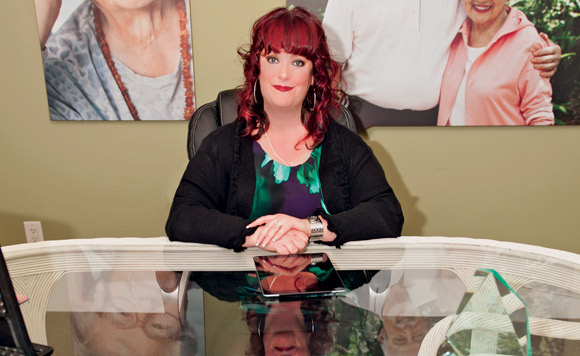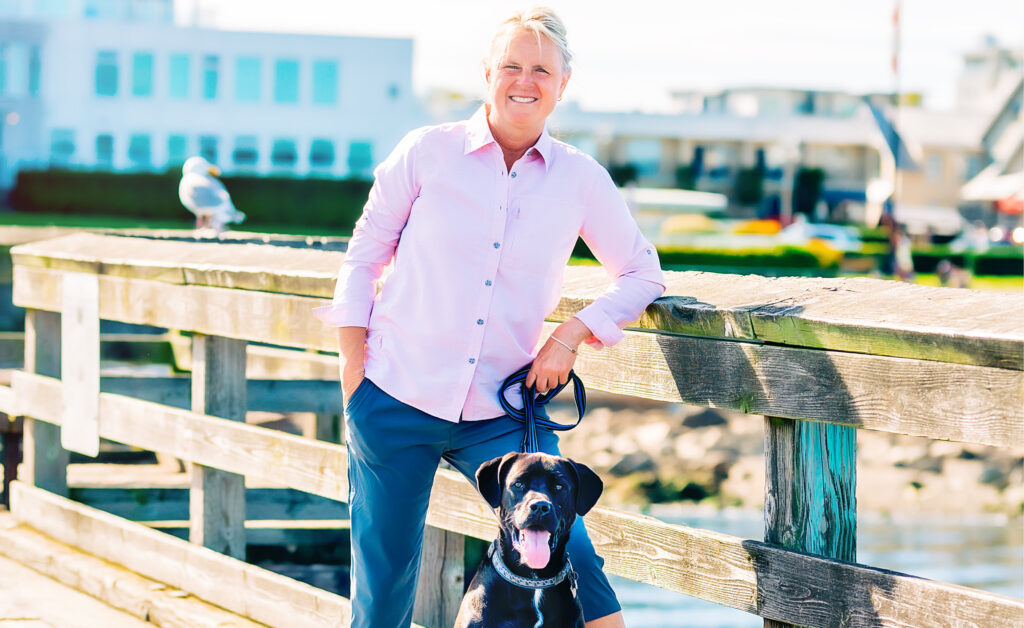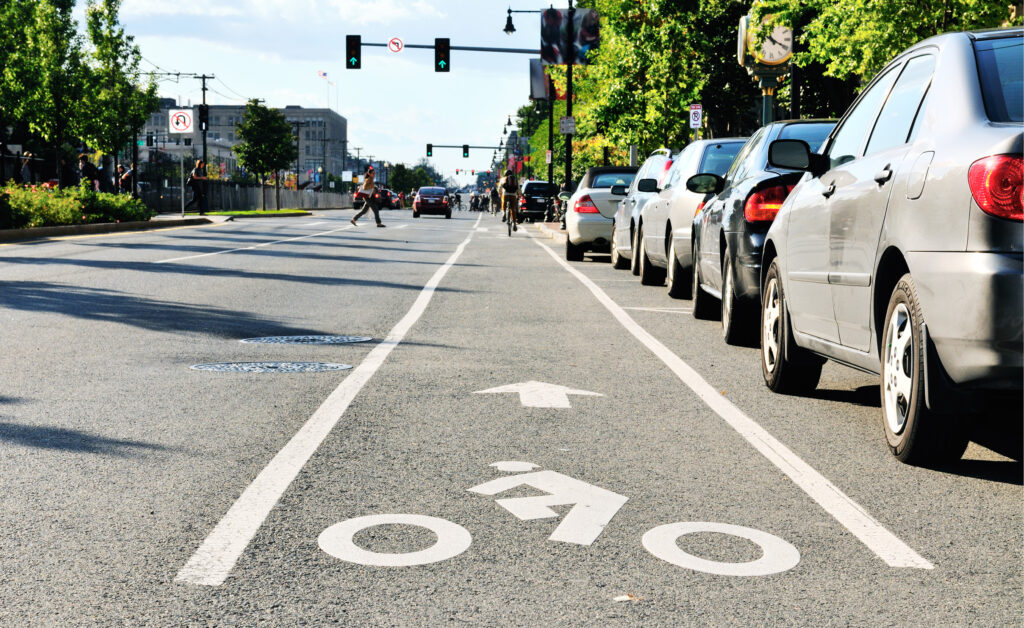by Shauna Dorko, Owner, Sidney SeniorCare –
I thought since this issue is featuring “Men to Watch,” it would be appropriate to dedicate this month’s column to the special male seniors in our lives. Ladies, hang tight, we promise to make an upcoming column “all about you” soon!
Let’s face it: regardless of age or situation, men and women are different in so many ways.
To begin with, women are generally healthier than men overall, from early infancy through to old age. Of the 15 leading causes of mortality, men lead women in all, with the exception of Alzheimer’s. Although the gender gap is closing these days, men still pass away five years earlier, on average, than their wives. While the reasons are partly due to biology, men’s approach to their health plays a role as well.
Men tend not to address their health as regularly as their female counterparts. Often conditioned to focus on their role as provider/protector, men put their own health low on their priority list. They go to the doctor less often than women, and are, therefore, more likely to have a serious condition when they do go.
Some of the leading health threats to male seniors include:
Heart Disease – Although the leading cause of death worldwide for both men and women, men’s arteries seem to develop atherosclerosis earlier than women’s. Even adolescent girls’ arteries appear healthier than those of boys.
Prostate Cancer – The most common cancer in men other than skin cancer, the prostate gland is prone to issues as men age. One in six men will be diagnosed with prostate cancer.
Erectile Dysfunction – While not life threatening, erectile dysfunction is still an indication of an underlying health problem. Most often caused by atherosclerosis, two-thirds of men older than 70 have this issue, often an early warning sign for heart disease. Men with ED report less enjoyment in life and are more likely to be depressed.
Depression – Experts previously thought that depression affected far more women than men, but that may just be men’s tendency to hide their feelings or express them in different ways. Men often feel “unmanly” admitting their sadness, due to traditional views of how men should behave in the world, and they are less likely than women to seek help.
Lifestyle measures such as regular medical check-ups, a diet rich in fruits and vegetables, daily exercise and gratifying relationships with family, friends and community will all impact positively on our male seniors and their overall health and well-being.
Written in collaboration with Sherrin Griffin. We welcome all comments, suggestions and ideas for future columns. Please email us at news@seasidemagazine.ca with “Seniors” in the subject line.




